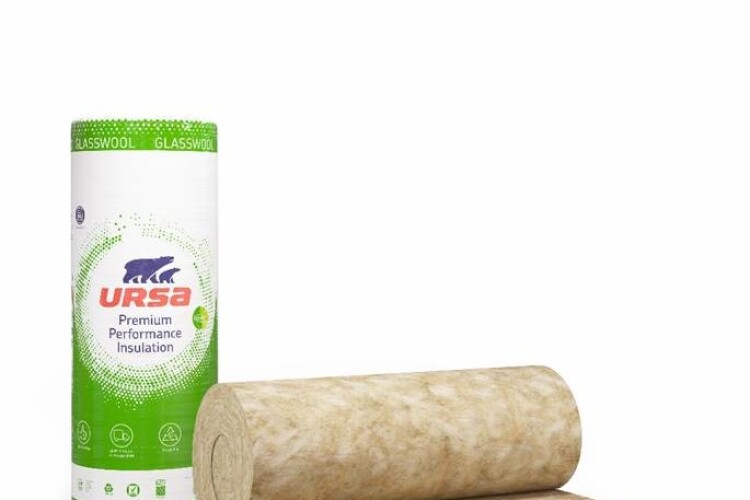The company, a major European producer of mineral wool insulation, has teamed up with UPM Biochemicals, a Finnish company that produces wood-based biochemicals for replacing fossil-based raw materials.
Ursa’s new ‘sustainable’ glass wool is made using a binder based on UPM’s Biopiva lignin.
Synthetic resins from fossil-based raw materials are usually used as binders in the production of glass wool and mineral wool. UPM’s binder is a natural polymer found in wood and other plants. The company says it is produced sustainably and is a cost-effective and versatile substitute for the usual fossil binder.
UPM Biochemicals aims to replace petrochemicals in various different industries with its wood-based products. The company says it is actively looking for partners like Ursa with whom to develop new, sustainable applications for its biochemicals.

UPM’s sales & marketing director Christian Hübsch said the collaboration with Ursa “marks a potentially disruptive innovation for the insulation materials industry in general, and [is] a great achievement for Ursa with its long-held vision to go green and to reduce the carbon footprint of its products”.
Ursa’s managing director, Wolfgang Marka, said: “Ursa is dedicated to the manufacture and commercialisation of thermal and acoustic insulation materials oriented towards sustainability and energy efficiency in buildings. Our latest premium products using a lignin binder represent the beginning of new technology for the development of sustainable insulation material in the construction industry.”
“We undertook long-term studies with UPM Biochemicals to assess the viability of replacing synthetic resins with a new bio-based binder and we are excited to produce one of the most sustainable glass wool insulation materials available”.
Specifiers and designers who want to reduce their carbon footprint even further can specify insulation products made from natural products such as hemp and sheep’s wool that do not have the same high embodied carbon as glass wool or mineral wool.
Got a story? Email news@theconstructionindex.co.uk



